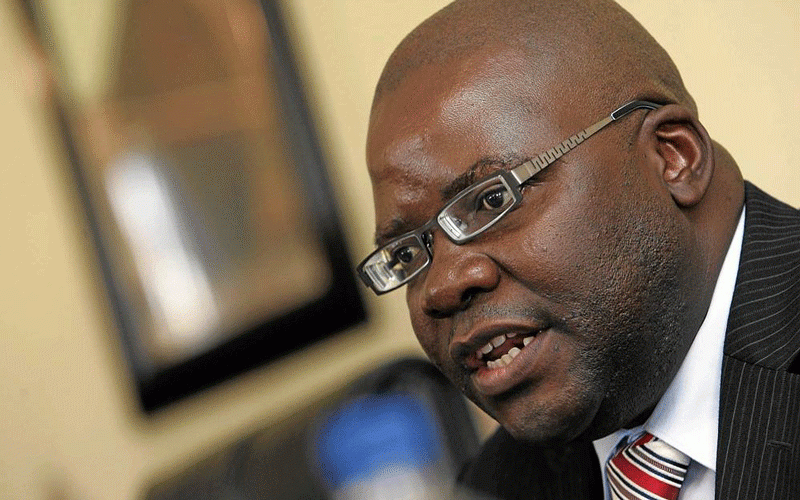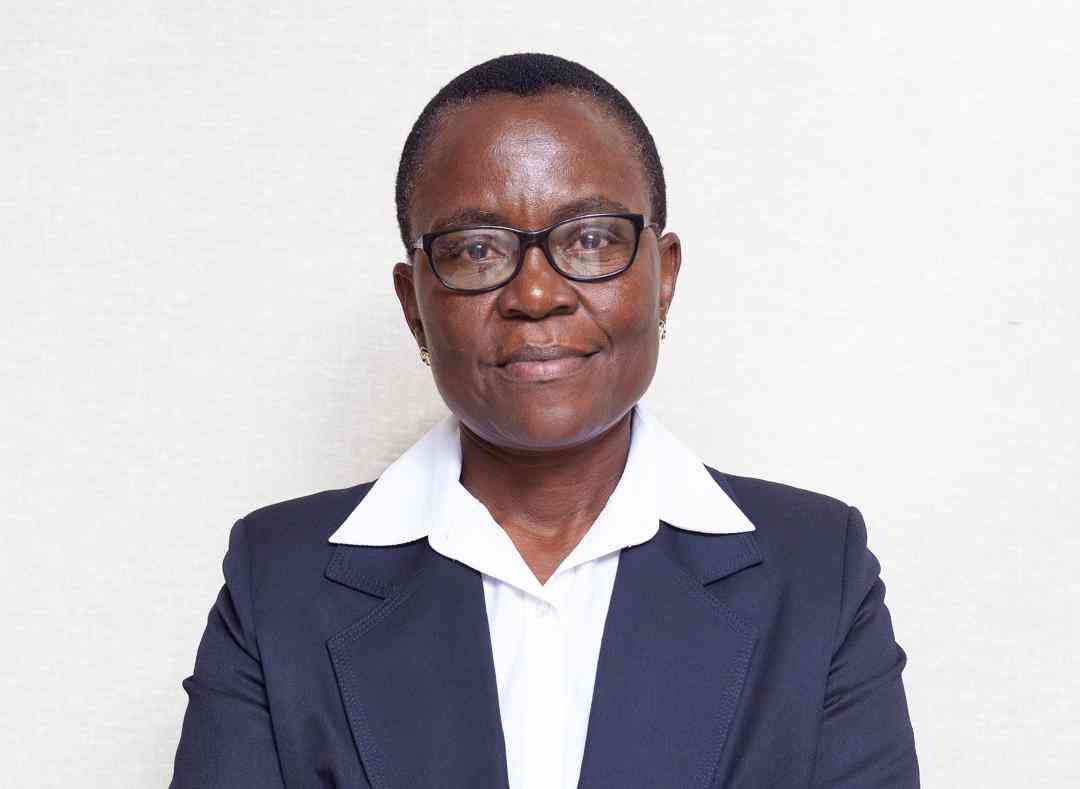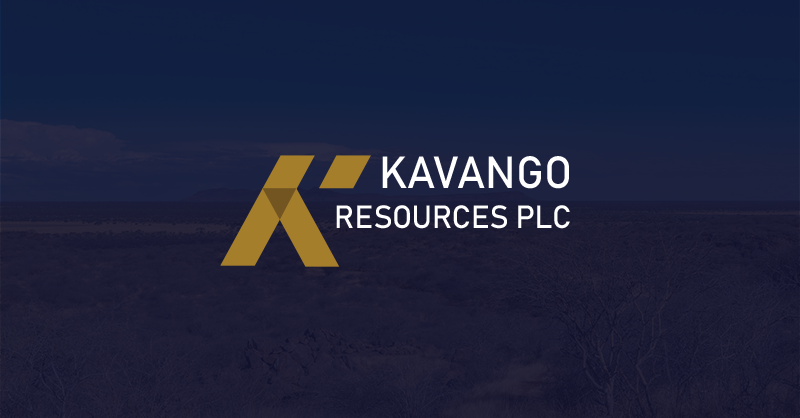ZIMBABWE’S ballooning debt has reached a critical point, prompting economists to urge the government to adopt swift structural reforms and targeted policy interventions to prevent economic collapse.
By taking bold action, economists contend that the country can tackle its debt crisis, stabilise finances, stimulate economic growth, and make significant strides in reducing poverty, setting the stage for a more prosperous future.
The southern African country had a total debt overhang of US$21 billion as of June 2024, as the debt situation continues to deteriorate, posing significant threats to national development and access to global financial markets.
According to the 2024 mid-term budget statement, the debt consisted of external debt stock amounting to US$12,3 billion and domestic debt stock of US$8,7 billion.
The figure stood at US$17,7 billion in September last year.
- Celebrity endorsement signals Sharpe academy growth drive
- Tanganda taps insider Sharon Kodzanai to steer turnaround
- WestProp to hand over first Pomona apartments by June
- Caledonia raises US$125m for gold extraction projects
- Cafca warns of operational strains
The country had also been sluggish in its debt repayment efforts, managing to pay a mere US$24,56 million to external creditors between January and May this year, despite owing a staggering US$12,3 billion.
“Zimbabwe requires a clear PPP [public private partnership] act to unlock funding of infrastructure projects by private sector financiers instead of using scarce public resources or direct debt on projects that have self-financing models,” economic analyst Victor Bhoroma said.
Bhoroma urged the government to come up with a clear debt clearance plan.
Development economist Chenayimoyo Mutambasere said the government should initiate governance reforms, which will address corruption and other activities such as human rights abuses that have an adverse impact on investment potential.
Economist and an academic Stevenson Dhlamini said the government could consider implementing structural reforms and policy interventions.
One crucial reform, he noted, could involve enhancing revenue generation through improved tax collection mechanisms and combating corruption to boost government income, diversifying the economy to reduce reliance on external borrowing, and promoting domestic industries.
“Engaging also with international financial institutions or multilateral lending institutions like the IMF [International Monetary Fund] to negotiate debt restructuring agreements, implementing transparent debt management practices, enhancing fiscal discipline, and promoting efficient budget allocation are essential steps towards improving debt sustainability in the medium to long term,” Dhlamini said.
“Zimbabwe’s debt state challenges necessitate a very comprehensive approach that combines fiscal reforms, economic diversification, and prudent debt management strategies.
“So, by taking decisive action and implementing necessary reforms, Zimbabwe can secure its financial stability, foster economic growth, and work towards poverty reduction.”
Another economist Prosper Chitambara indicated that a sustainable arears scale strategy should be anchored or based on fast growth, inclusive and sustainable growth, as well as improvements in productivity and competitiveness.
“Then obviously also the structural transformation of the economy is critical,” Chitambara said.
“It has actually been demonstrated by scholars that faster real economic growth has significantly contributed to reducing public debt burdens in a number of countries across the world.”
Speaking during a virtual meeting organised by the International Liaison Dialogue and Research last Thursday, former Finance minister Tendai Biti said the country was in debt distress.
“Zimbabwe is debt distressed as the debt is around 90%, while the GDP threshold is 70%, and this is because of the government’s failure to implement the required reforms that can help solve the current situation,” Biti said.
He said the government’s attempts to conceal its fiscal deficit have been detrimental to the country’s economy and debt resolution efforts.
Biti added that the government’s actions, including the use of funds outside of parliamentary oversight and the rise in corruption, demonstrated its unwillingness to be transparent about its expenditures.
Vera Musara, the Zimbabwe Human Rights NGO executive director, urged the government to share more information with the public about the progress it has made in addressing the debt crisis.
Academic Brian Raftopoulos emphasised the need for alternative approaches in dealing with Zimbabwe’s issues, which could help align the country’s development priorities.













